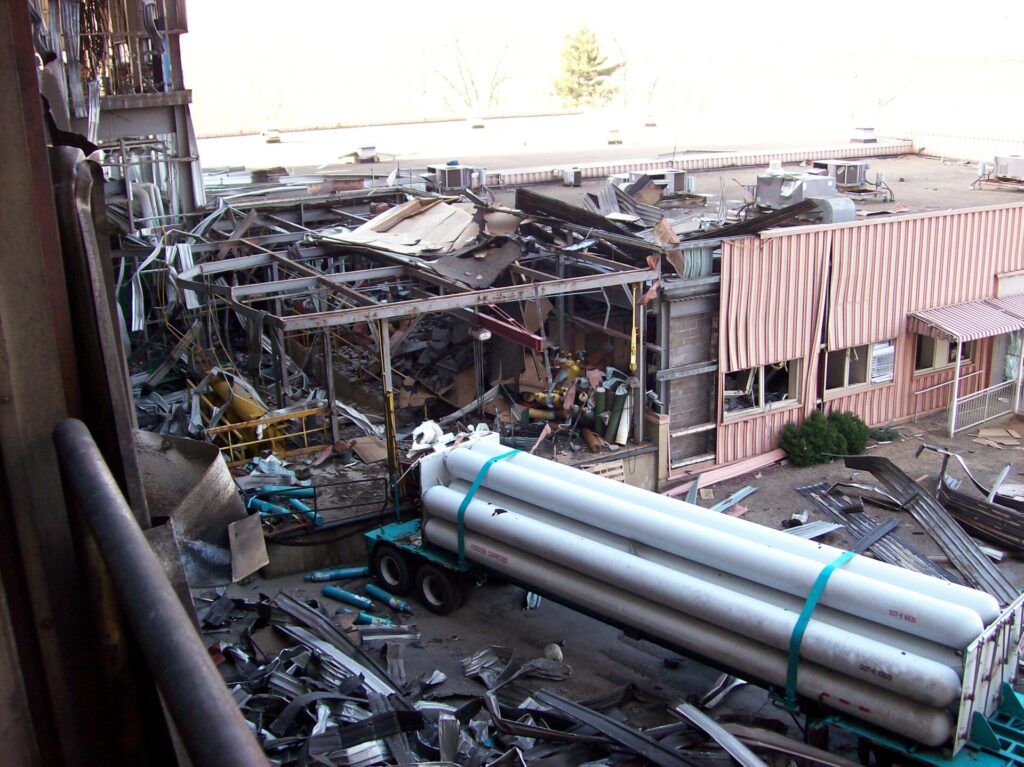Environment & Energy
Related: About this forumLuksic Group Launches First Hydrogen-Powered Locomotive in South America, Powered by Chinese Fuel Cell

Luksic Group Launches First Hydrogen-Powered Locomotive in South America
FCW Team | November 13, 2024
Ferrocarril Antofagasta Bolivia (FCAB), a Luksic group company, introduced the first hydrogen-powered locomotive in South America, marking a significant advancement in regional sustainable transportation.
South American rail transport, the Luksic Group, through its subsidiary Ferrocarril Antofagasta Bolivia (FCAB), has successfully launched the first hydrogen-powered locomotive in Chile. This initiative is part of a broader strategy to lead the energy transition and contribute to decarbonization efforts in line with global climate change mitigation goals.
The locomotive, developed by CRRC Qishuyan Company, is tailor-made for the operational routes of FCAB. It embodies principles of standardization, modularization, serialization, and generalization to ensure adaptability and operational efficiency on the diverse and challenging terrains of FCAB's routes.

Iván Arriagada, President of Antofagasta PLC, emphasized the innovative step, stating, "This milestone is another step on a path of innovation that is part of the hallmark of Antofagasta Minerals and FCAB. It will allow us to learn about this new fuel, which only emits water vapor and hot air, unlike fossil fuels such as diesel." The introduction of hydrogen fuel technology is seen not only as a leap towards reducing emissions but also as a foundation for future technological adaptations as the technology matures.
David Fernández, FCAB's general manager, highlighted the company’s commitment to exploring all available technologies to reduce greenhouse gas emissions. This commitment is part of FCAB’s broader strategy to engage with the community of Antofagasta and its clients in combating climate change...more
https://fuelcellsworks.com/2024/11/13/clean-hydrogen/luksic-group-launches-first-hydrogen-powered-locomotive-in-south-america
'Murikans can say goodbye to any hydrogen innovation IN THE US for at least 4 years now that Dump has taken over. This will make some here happy, despite the source. Good thing China doesn't GAF.
“We found some of her,” he joked. https://archive.is/aMXep
This idiocy wasn't ever refuted by anyone. Nice Work USA USA USA USA Some here even agree with this f'n moron on his war against wind! It's like other countries don't even exist, let alone have made wind work since 2007. Unbelievable.
Time to gtfo.
Vogon_Glory
(9,571 posts)engines? Being a layman, I’m under the impression that fuel cells are more efficient than internal combustion. I could well be wrong.
Also, would fuel cell engines work as well or better than internal combustion engines at higher elevations? The FC A y B runs trains at over 14,500 feet, and the article you cite doesn’t really give an answer.
CoopersDad
(2,876 posts)The air is thinner at altitude and power can be impacted however adjustments to the compressor delivering air to the fuel cell can compensate.
Hydrogen is touted as a great aviation fuel, and I wonder what innovators are doing to account for even thinner air at higher altitudes.
Thanks!
Vogon_Glory
(9,571 posts)I actually rode over that line some years ago on a railway enthusiasts’ charter train. On of the things I remember is being short of breath.
NNadir
(34,664 posts)
An note, this wasn't even hydrogen fuel, it was just a truck delivering this rebranded fossil fuel derived subject of tiresome fantasies, as a coolant.
Case Study: Power Plant Hydrogen Explosion
There was a death in this case, and this was only 40 years into the effort to rebrand fossil fuels as "hydrogen." But it's not like the fossil fuel industry, whether it rebrands its products as "hydrogen" or not, gives a shit about human life or the environment.
A Giant Climate Lie: When they're selling hydrogen, what they're really selling is fossil fuels.
Advertisers always cherry pick and put their "best foot" forward, even when they're selling death and destruction.
Note that the cause of the event was a rupture disk failure, probably a result of metal fatigue because the storage of hydrogen is as unsafe as its use and production.